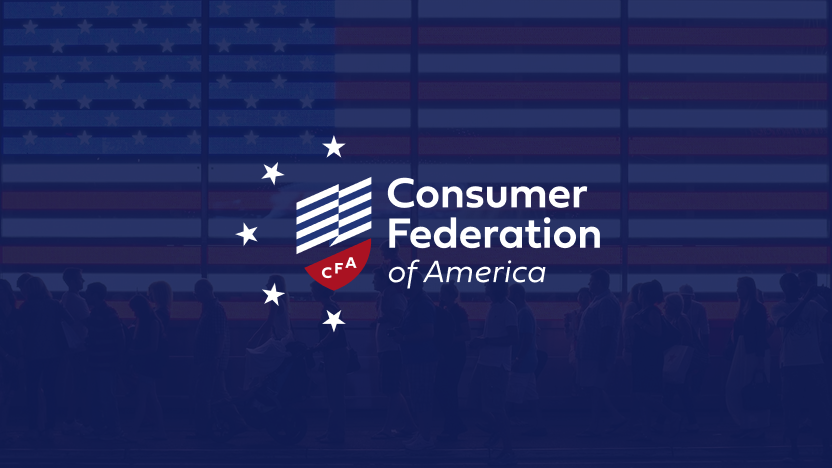The Consumer Federation of America (CFA) and Center for Economic Justice (CEJ) submitted an amicus brief in support of the Nevada Division of Insurance’s temporary ban on the use of credit information in insurance pricing on Thursday afternoon. The rule, which was challenged by the insurance industry, will protect drivers, homeowners, renters and other insurance policyholders from facing sudden rate hikes because their credit scores have fallen during the pandemic.
“This temporary prohibition on the use of credit information to determine insurance rates for personal lines insurance is necessary to address the unfair discrimination created by the impact of the pandemic and related public policy responses on consumer credit histories, as well as the pandemic’s exacerbation of racial and ethnic disparities caused by the use of credit information in insurance underwriting, pricing, and other practices,” the groups wrote. The brief can be read here.
The brief was submitted pro bono by Debbie Leonard at Leonard Law, PC, an attorney who focuses her work on advocacy and mediation.
As a result of insurers’ use of consumer credit information becoming unfairly discriminatory in 2020 Nevada Insurance Commissioner Barbara Richardson issued Regulation R087-20, which bans the use of credit information to increase insurance premiums starting on March 1, 2020 and extending until two years after the end of Nevada’s emergency declaration. Insurance companies sued to block the regulation, which is currently the subject of review by the Nevada Supreme Court.
CFA’s research found that Nevada drivers with fair and poor credit paid hundreds of dollars more per year than drivers with excellent credit, even when the drivers with worse credit have perfect driving records. Nevada drivers with excellent credit-based insurance scores and a perfect driving record paid an average statewide annual premium of $770. But consumers with fair credit paid an average premium of $1,044—a 36% increase. And consumers with poor credit paid an average premium of $1,349—a 75% increase compared to consumers with excellent credit.
Insurers’ use of credit information also disproportionately harms African-American and Latino consumers, since their credit scores tend to be lower due to systemic biases and structural barriers to financial resources. Additionally, communities of color have been more likely to suffer from lost income due to the pandemic, more likely to face housing insecurity, and less likely to have benefited from government pandemic protections and assistance.
The Nevada Supreme Court should uphold this regulation, the groups said, as it is in the public interest to prevent unfair discrimination in insurance markets while consumers recover from the financial shocks created by the pandemic.


